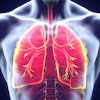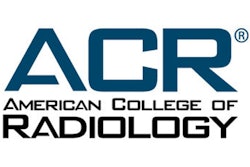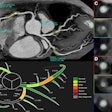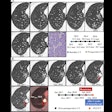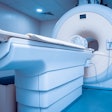Wednesday, November 29 | 11:30 a.m.-11:40 a.m. | SSK06-07 | Room E350
Adding CT to MRI could boost the detection of hepatocellular carcinoma, and CT itself may serve as a viable substitute for suboptimal MR images, according to researchers from South Korea.Though contrast-enhanced MRI is currently favored for diagnosing and evaluating hepatocellular carcinoma (HCC), the technique produces severely disruptive motion artifacts 13% to 18% of the time, Dr. So Yeon Kim from the University of Ulsan College of Medicine in Seoul told AuntMinnie.com. Other imaging modalities could help provide better visualization.
In this retrospective study, the researchers compared the accuracy of using both CT and MRI with MRI alone for assessing hepatocellular carcinoma in 1,272 patients with confirmed nodules. CT and MRI together significantly improved detection over MRI alone, they found. Moreover, CT was able to pick up arterial hyperenhancement in 129 of the 1,490 nodules examined, whereas MRI could not.
"Arterial-phase findings on recent CT images can serve as a substitute for suboptimal arterial phase MR images on [contrast-]enhanced MRI in the assessment of HCC," Kim said.


